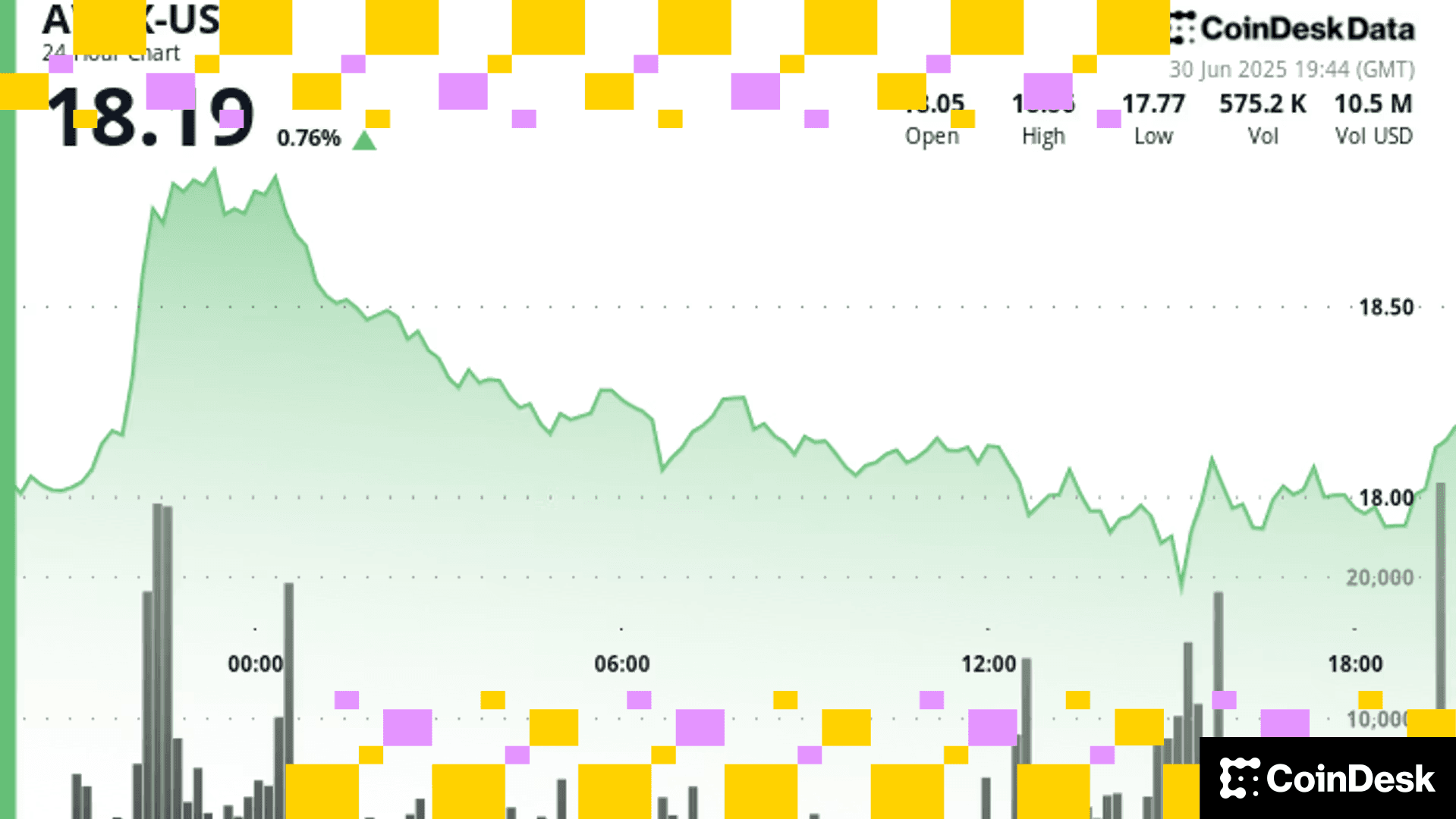Sweden, EU Discussed Bitcoin Proof-of-Work Ban: Report
Documents released by a German site suggest concern about the environmental impact of the crypto mining method.

Swedish financial regulators and the European Commission have discussed the possibility of banning the proof-of-work method that underpins bitcoin because of its impact on the environment, according to documents published by netzpolitik.org, a German website.
The revelation comes after lawmakers at the European Parliament came close to passing restrictions on the energy-hungry bitcoin mining method, which some characterized as a bitcoin ban.
Documents apparently released under the EU's freedom-of-information laws show that at a meeting in November, Swedish financial and environmental regulators and the European Commission's digital-policy arm discussed banning trading in crypto assets such as bitcoin that use the proof-of-work technique.
An unnamed attendee said that bitcoin should be encouraged to move toward a more environmentally friendly alternative such as proof-of-stake, as rivals such as Ethereum have done, and didn't "see [the] need to 'protect' the bitcoin community."
Parts of the document have been redacted to protect individual privacy or due to "ongoing decision-making process," suggesting that policy is still being developed on the topic. Swedish officials have previously made it clear that they want to ban proof-of-work for environmental reasons.
A separate document suggested discussions were still ongoing in February and included German environment ministry officials.
More For You
Exchange Review - March 2025

CoinDesk Data's monthly Exchange Review captures the key developments within the cryptocurrency exchange market. The report includes analyses that relate to exchange volumes, crypto derivatives trading, market segmentation by fees, fiat trading, and more.
What to know:
Trading activity softened in March as market uncertainty grew amid escalating tariff tensions between the U.S. and global trading partners. Centralized exchanges recorded their lowest combined trading volume since October, declining 6.24% to $6.79tn. This marked the third consecutive monthly decline across both market segments, with spot trading volume falling 14.1% to $1.98tn and derivatives trading slipping 2.56% to $4.81tn.
- Trading Volumes Decline for Third Consecutive Month: Combined spot and derivatives trading volume on centralized exchanges fell by 6.24% to $6.79tn in March 2025, reaching the lowest level since October. Both spot and derivatives markets recorded their third consecutive monthly decline, falling 14.1% and 2.56% to $1.98tn and $4.81tn respectively.
- Institutional Crypto Trading Volume on CME Falls 23.5%: In March, total derivatives trading volume on the CME exchange fell by 23.5% to $175bn, the lowest monthly volume since October 2024. CME's market share among derivatives exchanges dropped from 4.63% to 3.64%, suggesting declining institutional interest amid current macroeconomic conditions.
- Bybit Spot Market Share Slides in March: Spot trading volume on Bybit fell by 52.1% to $81.1bn in March, coinciding with decreased trading activity following the hack of the exchange's cold wallets in February. Bybit's spot market share dropped from 7.35% to 4.10%, its lowest since July 2023.
More For You












